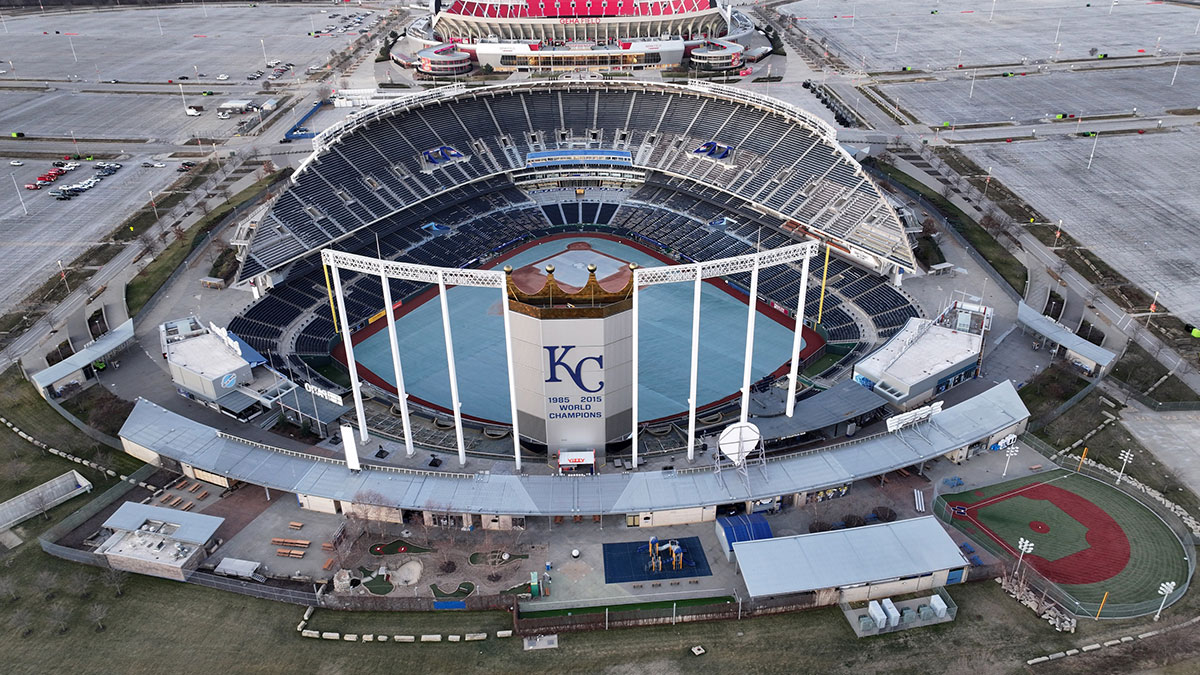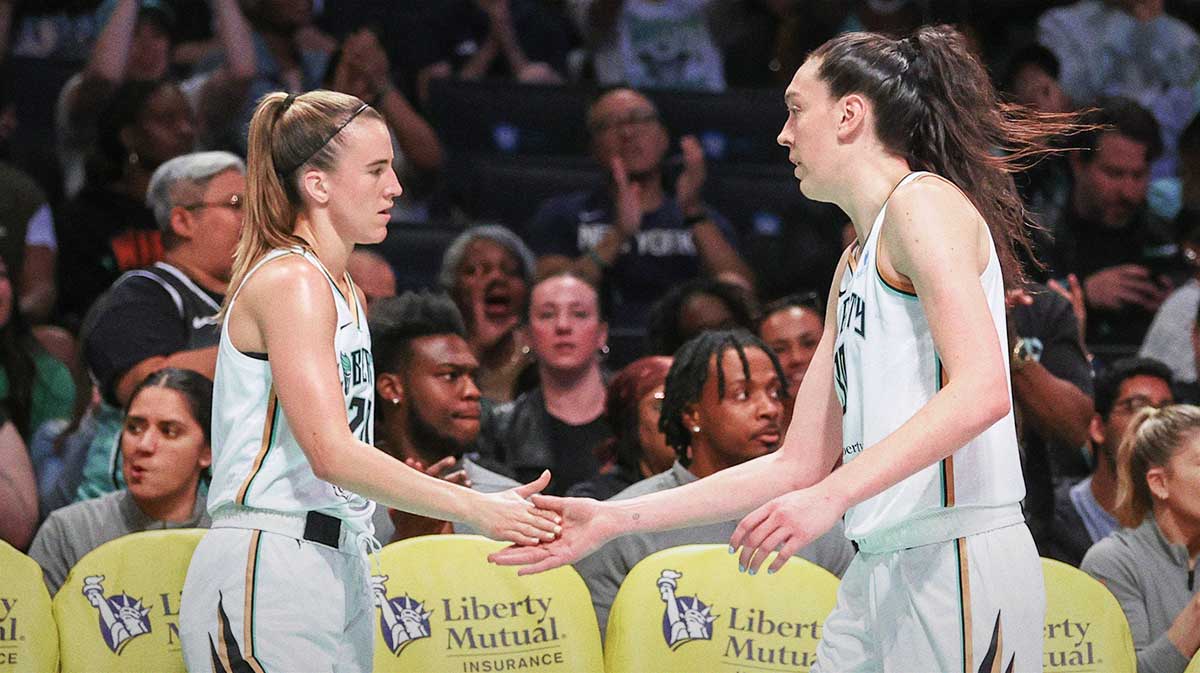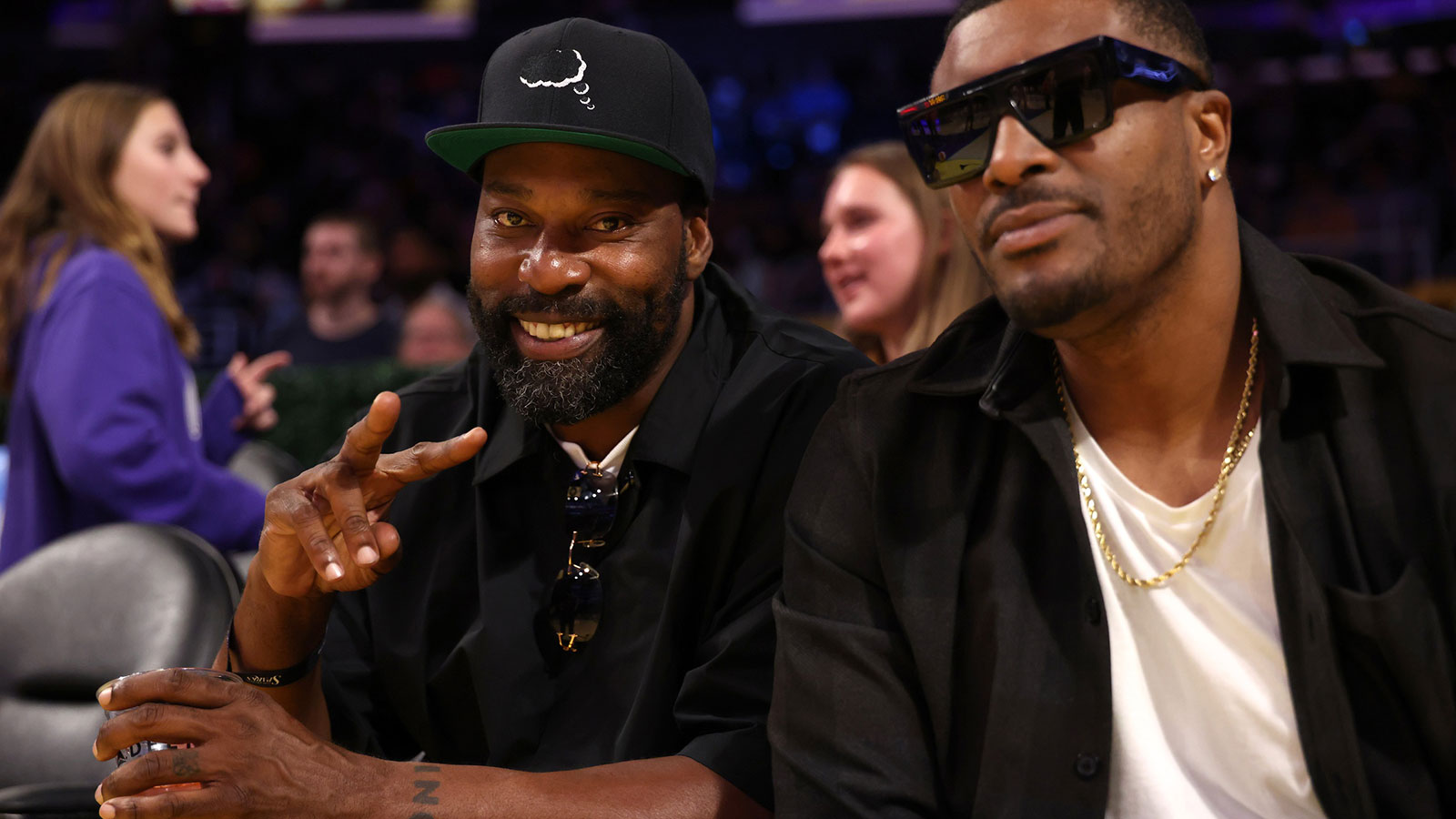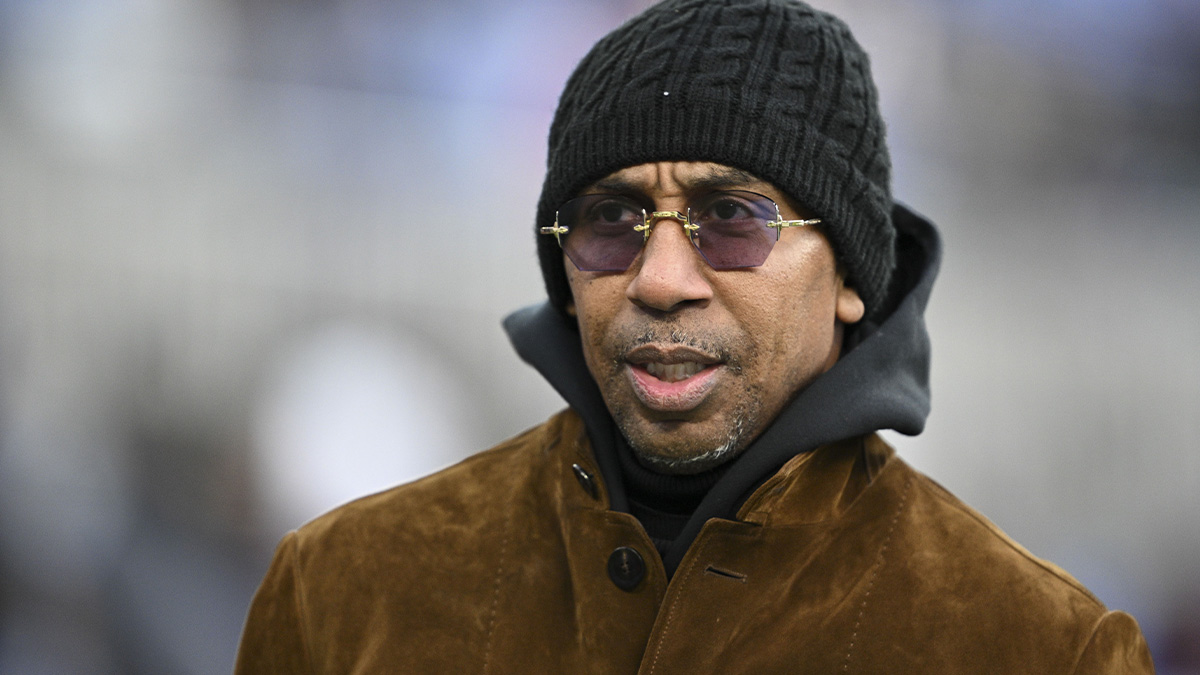The future of the Kansas City Royals and Kansas City Chiefs in the metro area has recently ignited widespread discussion.
A draft proposal reveals that Kansas intends to finance up to 75% of the expenses for new stadiums for the Kansas City Chiefs and Royals. This substantial amount, potentially totaling billions in bonds, underscores the state's determination to entice these Missouri-based teams.
As both teams currently hold leases at the Truman Sports Complex until the decade's end, ongoing deliberations persist on the future of sports facilities, notably with a special session of the Kansas Legislature underway and discussions unfolding on the Missouri side.
Lawmakers are set to deliberate on the plan during a special session commencing on Tuesday, with a hearing scheduled for Monday.
Although subject to potential amendments, a draft of the proposed bill was already circulating within the Kansas Capitol on Monday, hinting at the intricate process underway.
Will the Kansas City Chiefs and Royals stay in Missouri?

The question of whether the Royals and Chiefs will remain in Missouri or make a move to Kansas lingers, prompting speculation about various scenarios such as one team staying while the other relocates or both exploring options beyond the immediate metro area.
Despite these uncertainties, officials on both sides of the state line share a common goal: ensuring that both teams stay within the greater metro area.
Missouri boasts a rich sports landscape, serving as the home for the Chiefs and Royals in addition to Major League Baseball's St. Louis Cardinals, the National Hockey League's St. Louis Blues, and two minor-league baseball teams.
Missouri with the income tax increase from professional athletes
In the current budget year starting from July 1, Missouri has recorded a notable increase in income taxes from professional athletes, reaching nearly $34 million, marking a 9% rise from the previous year's collection of $31 million, as reported by the state.
Notably, during this budget year, which coincided with the Chiefs' third Super Bowl win in five years, taxes from football players surged by 39%, soaring from around $14 million to $19 million according to John Hanna of Associated Press.
Professional athletes and touring entertainers are subject to income taxes not only in their home states but also in other states where they perform, provided those states levy income taxes.
In Kansas, for instance, athletes are taxed a percentage of their income based on the number of games they play within the state.
The exact amount of revenue that Kansas could gain from Missouri's sports teams, such as the Chiefs, the Royals, or both, remains unclear. If Kansas lawmakers successfully attract these teams, the revenue impact on Kansas would depend on various factors such as attendance, ticket sales, merchandise purchases, and other economic activities associated with these teams' presence in the state.
The case for relocating to Kansas
Democratic Gov. Laura Kelly, who holds the authority to sign or veto any bill related to the teams' potential move, expressed her admiration for the comprehensive efforts aimed at persuading the teams to contemplate relocation.
According to the plan, Kansas would utilize Sales Tax and Revenue (STAR) bonds to finance up to 75% of the project costs, exceeding the current legal limit of 50% for STAR bonds projects.
Proponents of the proposal highlight the success of previous STAR bonds projects such as the Kansas Speedway and Children's Mercy Park. The Kansas Speedway, in particular, played a pivotal role in catalyzing development in western Wyandotte County, transforming the vicinity near I-70 and I-435 into a thriving hub of commerce.
Although much of the conversation regarding Kansas has revolved around the Chiefs, the Royals are now stepping into the spotlight for the Sunflower State, signaling their interest in investigating potential options. State records reveal that both the Royals and Chiefs have enlisted the services of lobbyists to advocate for their interests in 2024.




















